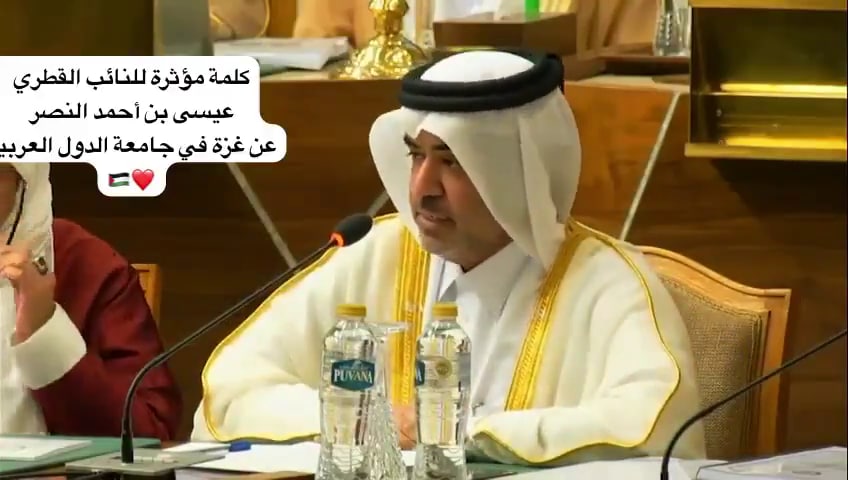
Following are excerpts from an interview with Syrian poet Adonis (Ali Ahmad Said Asbar), which aired on ANB TV on November 26, 2006.
Adonis: The difference between Europe and the Islamic world is in quality, not in degree. What I mean is that the Christian view of the world is not political, but humanistic. It is human beings who are the basis for politics. A Christian person has great liberty to separate his religious faith from his political activity. The mistake committed by the Church in the Middle Ages was rectified - obviously after a struggle and violent revolutions - and political rule was entirely separated from politics...
Interviewer: From religion...
Adonis: From religion, sorry. In our case, political rule was based... Ever since the struggle over who would inherit Prophet Muhammad's place, political rule was essentially based on religion.
Interviewer: But there were great revolutions in the Arab and Islamic world. Take, for example, the ideology of Arab nationalism. This ideology may be connected with Islamic culture, but it is still a man-made ideology.
Adonis: But the ideology of nationalism, in all its forms, is a religious ideology, in the sense that it has never raised any cardinal question concerning religion.
[...]
The Arabs have managed to turn democracy or the revolution into a dynastic or monarchic regime, which is handed down. Most Arab regimes are monarchic regimes, one way or another.
Interviewer: Including the republics...
Adonis: Especially the republics. In my opinion, while it is true that colonialism has played a role, and the wars with Israel have played a role, the greatest responsibility is, nevertheless, on us Arabs.
[...]
The Arab individual does not elect from among people of different opinions who represent different currents. The Arab is accustomed to voting according to pre-determined concepts. Whoever represents this pre-determined concept... The nationalist will vote for a nationalist, and the communist will vote for a communist. These are all types of religious sects. The tribal and sectarian structure has not disintegrated, and has not melted down into the new structure of democracy and the democratic option.
[...]
There can be no living culture in the world if you cannot criticize its foundations – the religion. We lack the courage to ask any question about any religious issue. For example, as a Muslim, I cannot say a single word about the Prophet Moses. The Prophet Moses did not say anything to me as a Muslim, whereas the Israeli Jew can criticize Moses and all the prophets in the Torah, and he can even question the divinity of the Torah.
[...]
We, in Arab society, do not understand the meaning of freedom. We say that freedom means writing an article. Freedom is much deeper than that.
Interviewer: Even writing an article is not possible.
Adonis: True. Arab society is based on many types of invisible slavery, and the ideology and political rule conceal them with worthless slogans and political discourse. The underlying structure of Arab societies is a structure of slavery, not of liberty.













